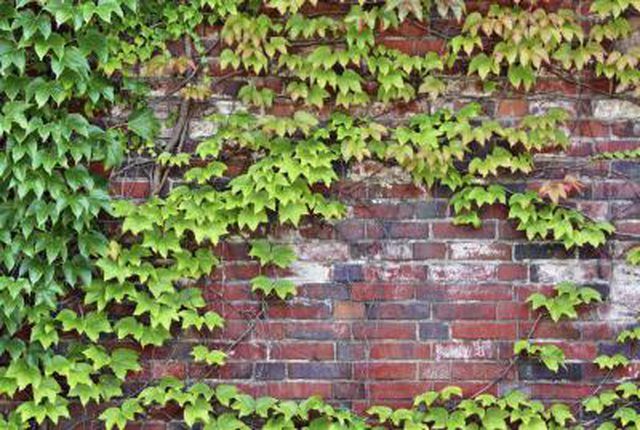Bulbs
Flower Basics
Flower Beds & Specialty Gardens
Flower Garden
Garden Furniture
Garden Gnomes
Garden Seeds
Garden Sheds
Garden Statues
Garden Tools & Supplies
Gardening Basics
Green & Organic
Groundcovers & Vines
Growing Annuals
Growing Basil
Growing Beans
Growing Berries
Growing Blueberries
Growing Cactus
Growing Corn
Growing Cotton
Growing Edibles
Growing Flowers
Growing Garlic
Growing Grapes
Growing Grass
Growing Herbs
Growing Jasmine
Growing Mint
Growing Mushrooms
Orchids
Growing Peanuts
Growing Perennials
Growing Plants
Growing Rosemary
Growing Roses
Growing Strawberries
Growing Sunflowers
Growing Thyme
Growing Tomatoes
Growing Tulips
Growing Vegetables
Herb Basics
Herb Garden
Indoor Growing
Landscaping Basics
Landscaping Patios
Landscaping Plants
Landscaping Shrubs
Landscaping Trees
Landscaping Walks & Pathways
Lawn Basics
Lawn Maintenance
Lawn Mowers
Lawn Ornaments
Lawn Planting
Lawn Tools
Outdoor Growing
Overall Landscape Planning
Pests, Weeds & Problems
Plant Basics
Rock Garden
Rose Garden
Shrubs
Soil
Specialty Gardens
Trees
Vegetable Garden
Yard Maintenance
Is English Ivy Toxic to Dogs?
Is English Ivy Toxic to Dogs?. English ivy is toxic to dogs. This member of the Araliaceae family is very hardy and grows abundantly, so much so, that the U.S. Army Corps of Engineers lists it as a noxious and nuisance plant. This ground cover should be reconsidered for gardens with pets.

English ivy is toxic to dogs. This member of the Araliaceae family is very hardy and grows abundantly, so much so, that the U.S. Army Corps of Engineers lists it as a noxious and nuisance plant. This ground cover should be reconsidered for gardens with pets.
Why Dogs Eat Plants
Dogs eat greens for different reasons, according to veterinarian Holly Nash. Dogs might eat grass to help an upset stomach or because they like it. It's thought that dogs -- like their wild cousins, wolves and coyotes -- would eat the greens found inside their vegetarian prey. Puppies eat plants to learn about them, but chewing on English ivy is dangerous.
English Ivy Toxin
English ivy contains a component called Triterpenoid saponins (hederagenin). This toxin is what makes a dog sick if it eats English ivy. Triterpenoid saponins (hederagenin) can also make cats and horses sick.
Side Effects
English ivy leaves are more toxic than the berries. If a dog eats the leaves, it could suffer from abdominal pain, diarrhea, drooling and vomiting.
English Ivy Aliases
English is also called branching, California, glacier, needlepoint and sweetheart Ivy. If your dog likes greens, and you're concerned that it will eat and get sick from English ivy, avoid purchasing any of these ivies the next time you're at the nursery.